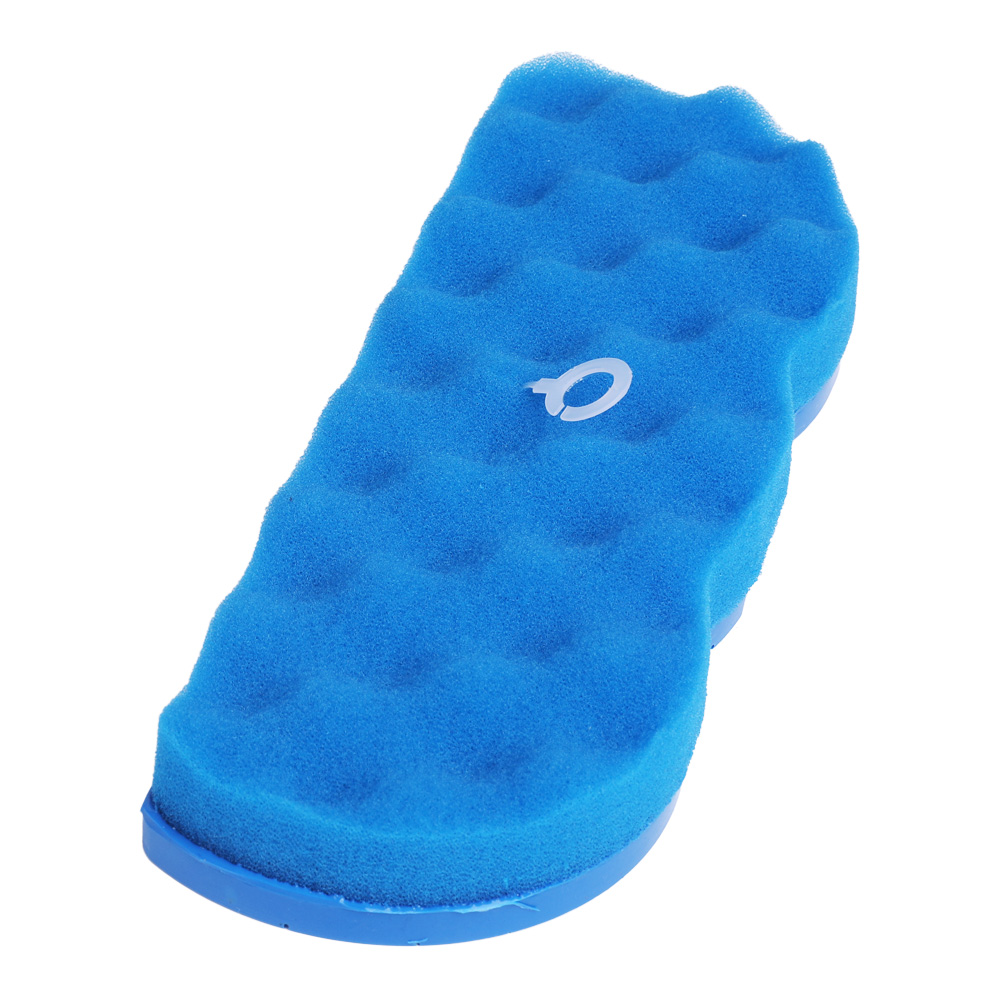Air purifier filters are one of the essential elements of a modern air purifier. There are several different types of filters available, so it is important to choose the right one for your needs. For instance, HEPA filters are ideal for removing fine particles from the air, and they are widely used by the U.S. Department of Energy and its contractors. Washable air filters, on the other hand, are dependent on how much dirt builds up along the cloth. This type of air filter is ideal for use in food and beverage production plants, where air filtration is a key part of the process.
These filters are usually made of fine glass threads, which have a diameter less than one micron. This is a huge difference from a human hair, which is 75 microns in diameter. The HEPA filter mat is made up of these microscopic threads that are tangled together. Because each thread is microscopic, most of the filter mat is made up of air, so it can capture particles as small as 0.3 microns.
When buying a new air purifier, look for a MERV rating of at least 16. Higher numbers mean the filter is more efficient. The higher the MERV rating, the better the filtration. There are three levels of MERV ratings: MERV 1, MERV 2, and MERV 3. A high MERV rating means that it captures more particles.
Air filters are a vital part of any HVAC system. They prevent contaminants from spreading in the air and provide clean combustion air. In addition, they reduce the cost of HVAC systems. In recent years, the air filtration industry has undergone many changes, as manufacturers have developed new items to improve indoor air quality and reduce production costs.
Air purifier filters are made of several different materials. For example, the most common material used for air filters is aluminum. This material has high strength, is easy to clean, and is durable. In addition, it resists corrosion and is thermally resistant. It is largely used in automobiles and HVAC units.


Function: antibacterial, mites removal, odor removal, photocatalyst, cold catalyst
Application scenarios: Offices, shopping malls, schools, public places
HEPA stands for High Efficiency Particulate Air. It is a standard defined and developed by the U.S. Department of Energy during the 1940s as part of their efforts to contain the spread of particles and contamination resulting from nuclear testing. This standard has since moved into the consumer market and has become commonplace for air purifiers.


 English
English 中文简体
中文简体













